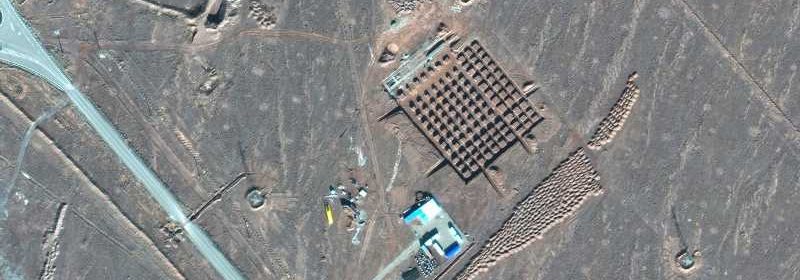Iran to increase uranium enrichment in breach of nuclear deal

Iran has signalled that it intends to start enriching uranium to 20% purity, in its most significant breach yet of the 2015 nuclear deal.
The International Atomic Energy Agency (IAEA) said Iran had informed it of plans to enhance enrichment at its Fordow Fuel Enrichment Plant, 20 miles northeast of the city of Qom.
In a statement, the agency said: “Iran has informed the agency that in order to comply with a legal act recently passed by the country’s parliament, the Atomic Energy Organization of Iran intends to produce low-enriched uranium (LEU) up to 20% at the Fordow Fuel Enrichment Plant.”
The IAEA did not say when Iran plans to boost enrichment but its inspectors are in the country and have regular access to Fordow.
The enrichment plant is about the size of a football field, shielded by mountains and protected by anti-aircraft guns.
Under the 2015 nuclear deal, no enrichment is to take place there and it was meant to have been turned into a research and development site.
The agreement also set other conditions, including a 3.67% limit on the purity to which Iran can enrich uranium.
It has gone to 4.5% so far, well short of the 20% it achieved before the deal and the 90% that is weapons-grade.
The Iranians began violating the agreement after US President Donald Trump pulled his country out in 2018, leaving only the other signatories – Iran, the European Union and the other permanent members of the UN Security Council.
Joe Biden has vowed to re-join the deal when he takes over from Mr Trump later this month, but Iran’s further breach will make this more difficult for him.
It is also thought the move from Iran is aimed at pressuring Europe into easing sanctions, something that was meant to happen in exchange for Iran’s compliance with the deal.
However, the US re-imposed sanctions after it pulled out.
Experts say Iran has enough low-enriched uranium for at least two nuclear weapons, although Iran has always said its nuclear programme is peaceful.
Source: Read Full Article
